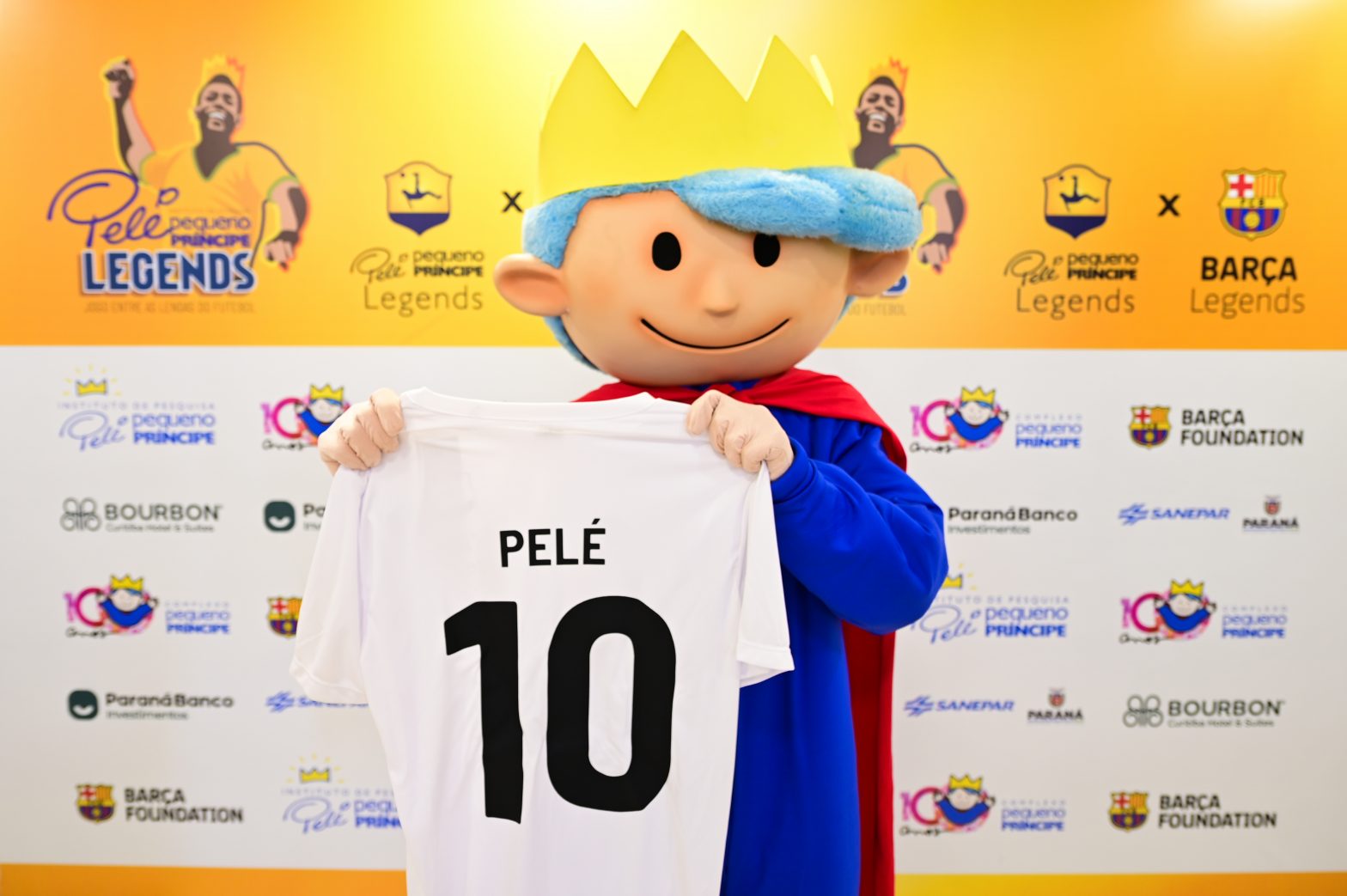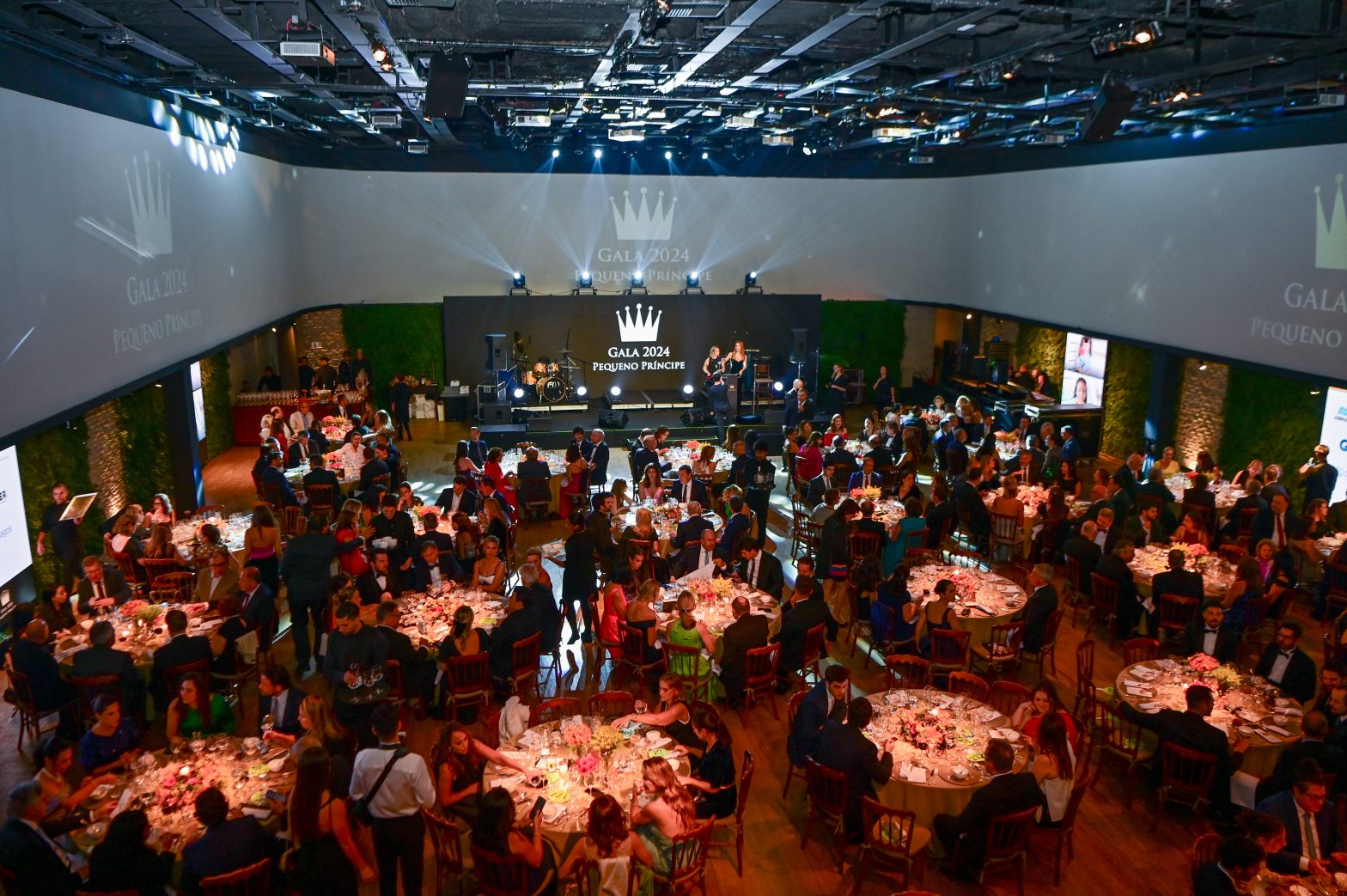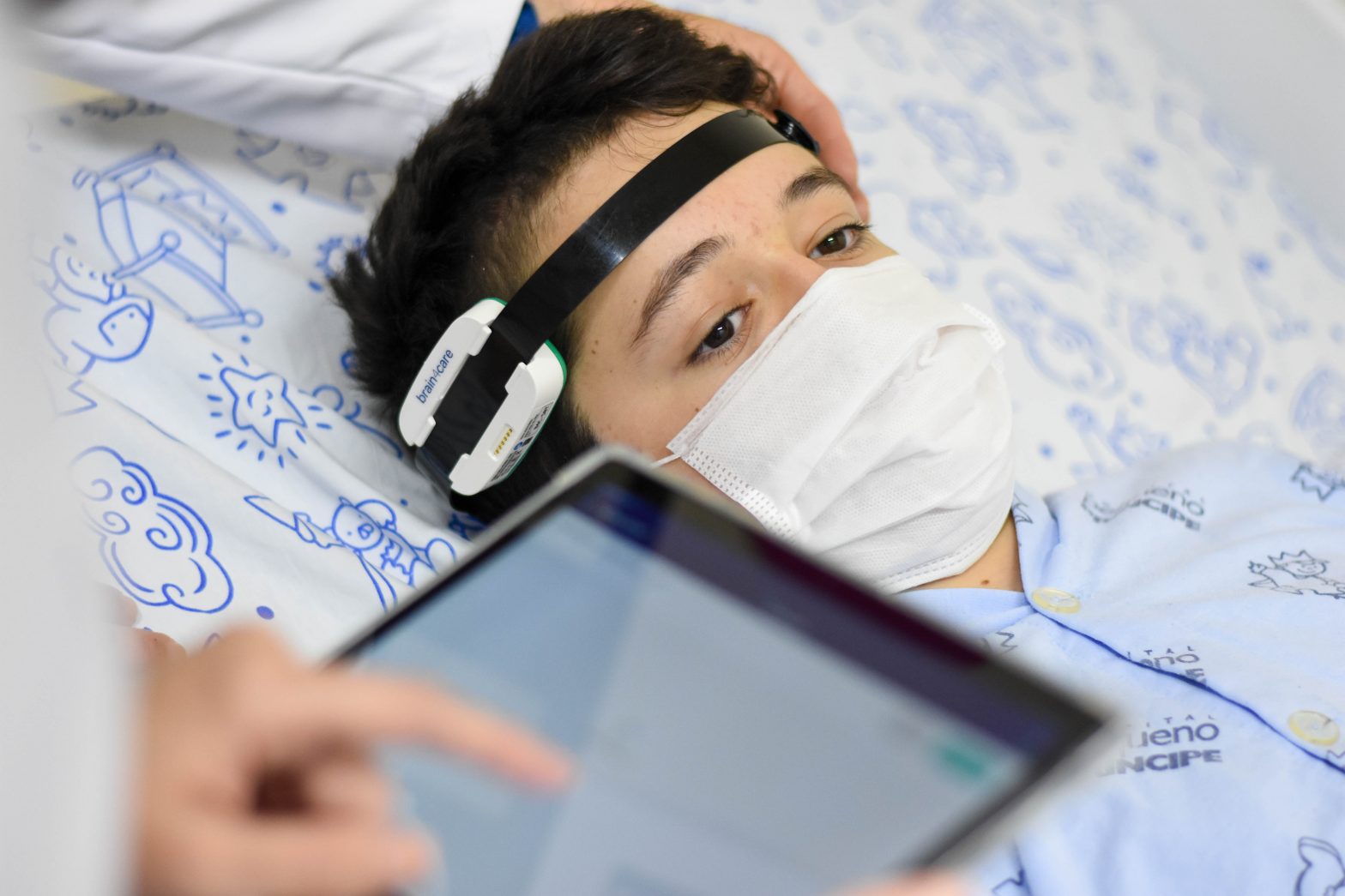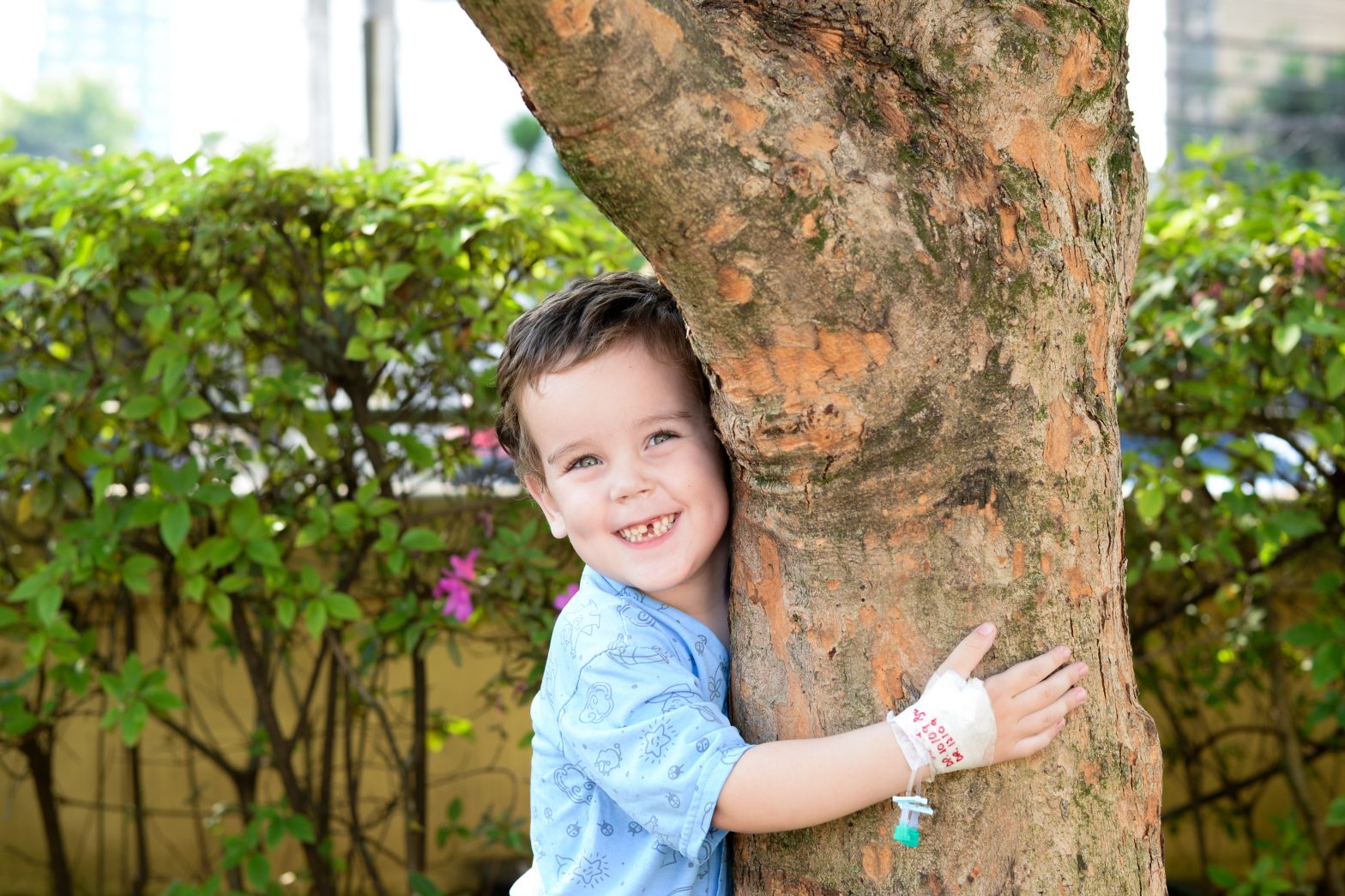Patients of the Pequeno Príncipe transform recyclable materials into works of art
Visual arts workshops that led to the creation of the works are one of the many sociocultural inclusion initiatives made possible by the Culture Incentive Law
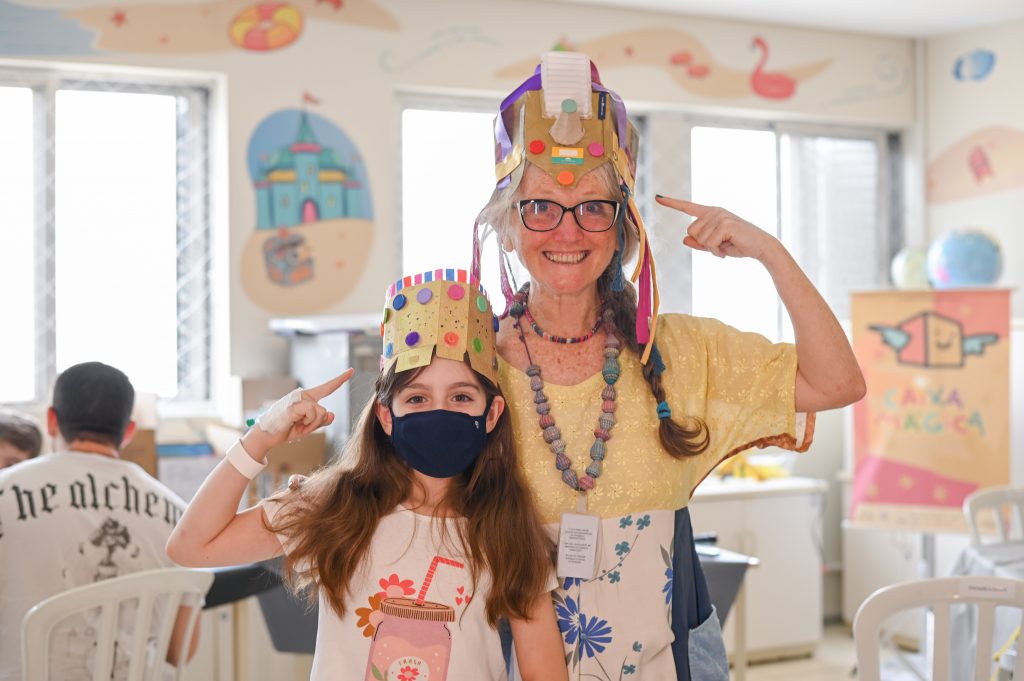
A different movement has taken over Pequeno Príncipe Hospital in recent months. Medicine boxes, styrofoam, bottle caps and other recyclable materials that would previously have gone to waste have become raw material for plastic arts workshops that invite patients to represent their superpowers. Led by four renowned visual artists – André Mendes, Kátia Horn, Romã Rettamozo and Verônica Fukuda, coordinated by art educator Elisa Cordeiro Brito –, the children and adolescents unleashed their creativity, reflecting on their superpowers, such as the ability to overcome and cope with the moment of hospitalization they were experiencing.
Each artist proposed a unique approach: Kátia Horn suggested creating magical helmets made from medicine boxes, representing superpowers; André Mendes used the technique of “isoporgravura”, engraving on styrofoam, focusing on the superpowers of nature; Verônica Fukuda encouraged children and adolescents to create characters with an emphasis on the eyes, highlighting empathy as a superpower; and Romã Rettamozo encouraged the kids to produce armor and bracelets, as a result of the process of self-reflection and self-knowledge.
Supported by several companies through the Cultural Incentive Law, the Magic Box Project (Caixa Mágica, in Portuguese) is one of Pequeno Príncipe’s initiatives to transform the period of hospitalization into a moment of sociocultural inclusion for its young patients and their families. “In addition to health, we are a hospital that guarantees rights to boys and girls who need our care. In this sense, education and culture are fundamental pillars of our work, as we believe in and practice a broader concept that understands health as a complete state of physical, mental and social well-being, and not just as the absence of disease,” emphasizes the institution’s executive director, Ety Cristina Forte Carneiro.
In 2024, more than 20 cultural projects are underway at the Hospital, providing children with access to different artistic languages, such as theater, music, visual arts, cinema, literature, among others. “The vast majority of children we serve through the Brazilian Public Health System [SUS] do not have the opportunity to attend cultural spaces in their realities. With these initiatives, we show each of them the magical universe and the power of art, which touches dimensions that cannot be reached by medical practice. Dimensions that are capable of mobilizing feelings and desires to do, belong and transform. The power of art is a great ally of health,” argues Ety.
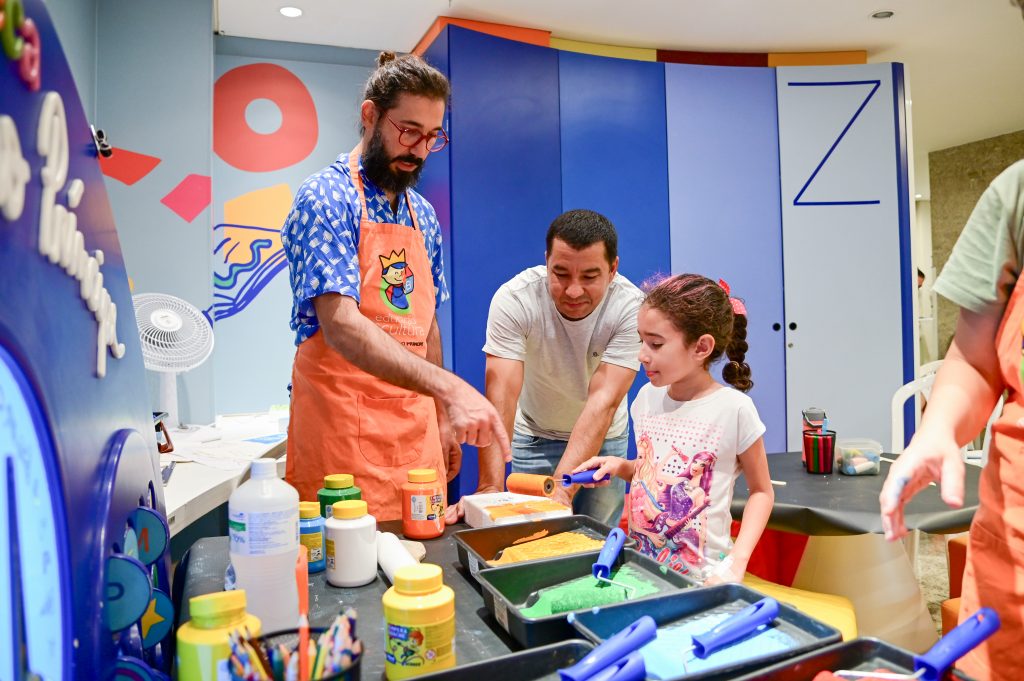
Exhibition
An exhibition at Caixa Cultural in Curitiba, which will be on display until November 24, will conclude the Caixa Mágica Project and present to the community the works created by patients during the workshops held at the Hospital. In addition to the pieces created by the children, each artist responsible for the workshops will exhibit a piece made exclusively for the exhibition.
The exhibition is also receiving guided tours of students from public schools, creating yet another opportunity for young people to connect with the world of art and the redefinition of recyclable materials.
Supported by Caixa Cultural de Curitiba, the project is sponsored by the companies Peróxidos do Brasil, Brother, Wap Lavadoras, Grupo Bagattoli, Scherer, Terex Corporation, Verx Tecnologia, Transportadora Matão and Demóbile.
Culture Incentive Law
Through the Culture Incentive Law (Rouanet Law), companies taxed on real profits can allocate up to 4% of their Due Income Tax to cultural projects. In addition to the scientifically proven health benefits, at Pequeno Príncipe Hospital cultural activities help to reduce social inequality, democratizing access to culture.
To support cultural projects developed at Pequeno Príncipe, please access here. This modality is only available for companies or individuals who declare Income Tax in Brazil.
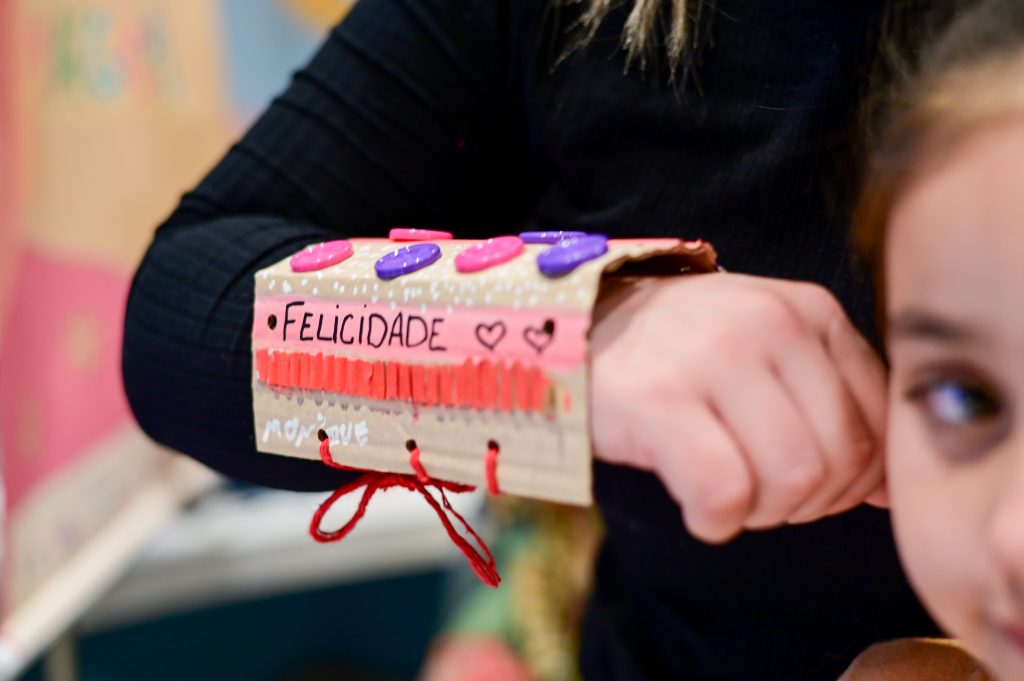
More
The Pequeno Príncipe brings Barça Legends to Curitiba, in a game celebrating King Pelé’s Day
Stars such as Cafu, Tinga, Alex Meschini, Ricardinho, Fernando Prass and Uruguayan Diego Lugano, led by Mano Menezes, are confirmed in the Pequeno Príncipe Team, which will play against the legends of the Spanish club on November 17th
Emotion marks the 15th edition of the Pequeno Príncipe Gala
Event that mobilizes support for the cause of children and adolescent health exceeded its fundraising goal
Research by Pequeno Príncipe validates non-invasive method of monitoring intracranial hypertension in pediatrics
A study proving the results of brain4care was published in “Scientific Reports”, from the Nature Group, one of the most relevant open access scientific journals in the world
Pequeno Príncipe launches endowment fund with initial investment of US$ 600,000
Futurin aims to guarantee the financial sustainability and longevity of the institution’s health assistance, teaching and research activities


